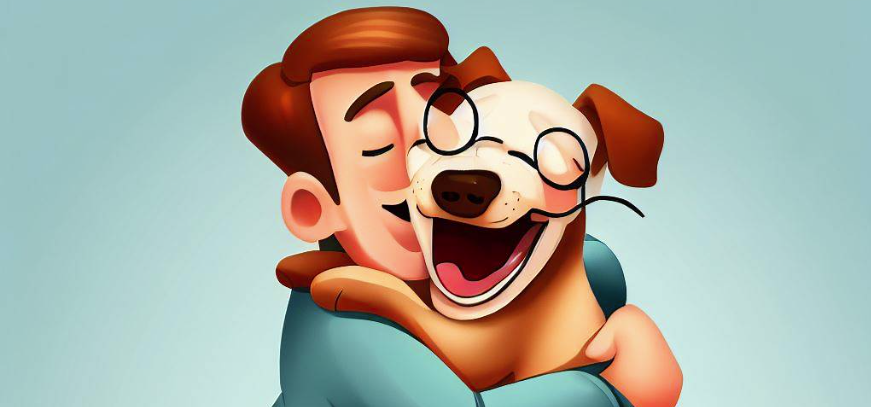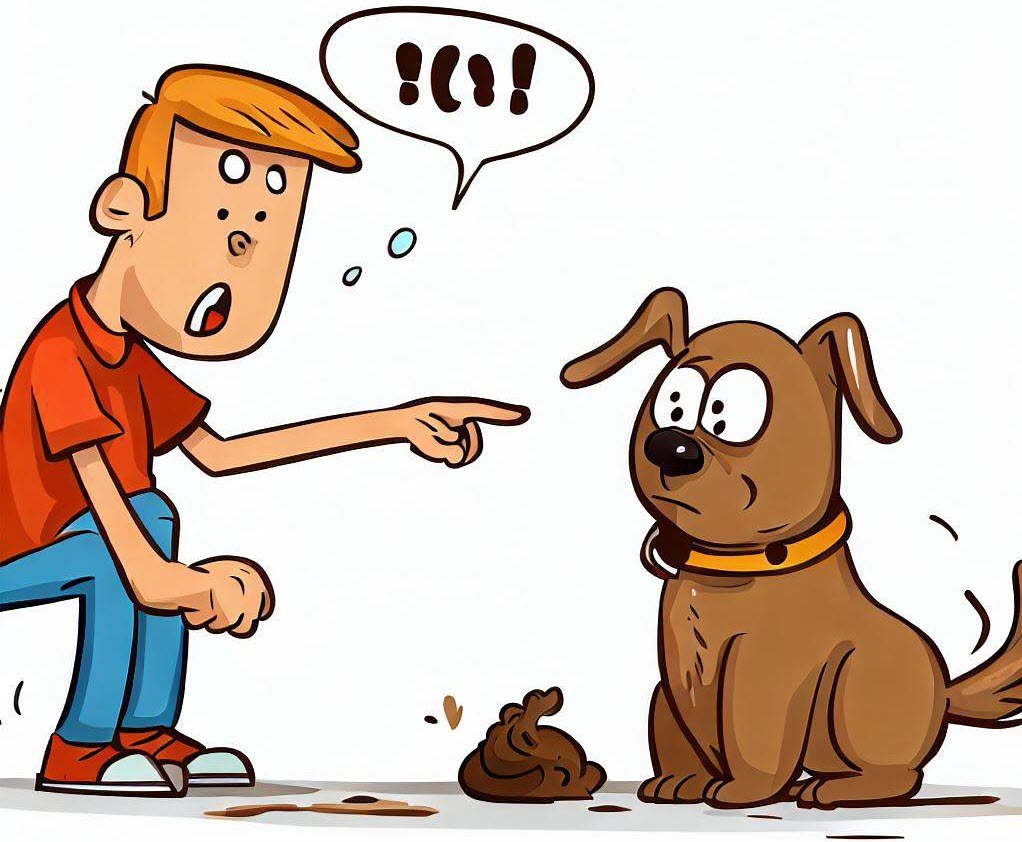Coprophagia in Dogs: Why They Eat Poop and How to Prevent It
Understanding Coprophagia in Dogs
The science behind coprophagia in dogs and puppies is not fully understood, but there are some possible explanations:
- Coprophagia may be a normal behavior in nursing bitches in order to keep the den clean and in puppies to help establish gut flora – see probiotics for puppies
- Coprophagia may be caused by medical problems that lead to a decrease in absorption of nutrients, gastrointestinal upset, or an increase in appetite. Some examples are intestinal parasites, endocrine pancreatic insufficiency, diabetes, Cushing’s disease, and thyroid disease
- Coprophagia may be a behavioral issue that stems from abuse, neglect, anxiety, boredom, lack of stimulation, attention-seeking, or learned behavior from other dogs
Addressing Coprophagia: How to Stop a Dog From Eating Poop
Effective Treatment Options for Coprophagia in Dogs:
- Prevent access to poop: Put up a gate or a table to block the litter box.
- Use supplements: Use a supplement that changes the poop’s taste.
- Reward good behavior: Praise and reward the dog for defecating outside.
- Clean up quickly: Clean up the stool quickly.
- Use a leash: Keep the dog on a leash and lead them away from poop.
- Teach commands: Teach the dog to “leave it” and “come” or “sit”.
- Use dog chews: Use dog chews to discourage the habit of eating poop.
- Consult with a vet: Rule out health problems or nutritional deficiencies.
- Keep the area clean: Keep the living area and litter box clean and free of poop.
- Supervise on walks: Supervise the dog on walks and pick up their poop immediately.
- Train with treats: Train the dog to “leave it” or “come” for a treat after pooping.
- Use taste-aversion products: Use taste-aversion products or bitter sprays to make poop less appealing.
Preventing Coprophagia:
- Keep the environment clean: Keep the environment clean of animal waste and pick up the dog’s stool as soon as possible.
- Use commands: Use commands like “leave it” or “look” to distract your dog from the feces.
- Try taste-aversion products: Some products may make the stool taste bad to the dog, but they are not effective for all dogs.

Coprophagia is a condition in dogs where they eat their own or other animals’ feces. The science behind this behavior is not fully understood, but there are several possible explanations, including medical problems, behavioral issues, and normal behavior in nursing bitches and puppies. There are several effective treatment options for Coprophagia in dogs, including preventing access to poop, using supplements and taste-aversion products, rewarding good behavior, cleaning up quickly, using a leash and commands, and consulting with a vet. Keeping the environment clean and supervising the dog on walks can also help prevent Coprophagia.
As a pet owner, it’s important to consider the health and well-being of your furry friend. Pet insurance can help manage the costs associated with unexpected illnesses and injuries, giving you peace of mind and ensuring that your pet receives the proper treatment they need. Consider purchasing pet insurance from one of the top-rated companies such as Pets Best, Embrace, Spot, or Lemonade to protect your pet’s health and your budget.

Leave a Reply